Blogs, website copy, social media, newsletters, marketing… and that’s not even the half of it! Yes, your business puts out a lot of content and all of it is important. But not as important as using the right words.
I sometimes sound like a broken record when I say this, but I’m all about using the right language to reach the right people. And that means that your word choices matter. You’ve got to think about what you want to say, and how your audience wants to hear it. It’s a two-way street.
For example, last weekend’s Sunday Times was a special ‘green’ edition (kudos Times, we loved it!). On the front page, Browns jewellers took out a quarter-page ad highlighting their sustainability programme the Plum Tree Project.
So far, so good. Piggybacking on the green theme to show you’re a leader in sustainability efforts – that’s a wise move. And front page placement gets you prime time coverage – double points. But when I read the content of the advert, I did a double take.
Sequestration? That’s a strong word. In fact, I had to look it up.
Now, I’m a writer. I’m a science writer at that. But I wasn’t able to make sense of this add without doing my homework. I’d bet you good money the majority of Browns clients don’t know what sequestration means. And I highly doubt any of them looked it up.
Why choose such a hefty word when there are other word choices out there? It’s not that you’d be “dumbing down” the content, in fact, it’s just the opposite. You’d be making the content more relatable.
Better words would have worked here. Words like mitigated, deferred, offset or reduced would have made the content more clear, more direct and understandable to a larger audience.
I can’t say it enough. If you want to reach your audience, you have to speak their language. That means putting yourself in their shoes and relating to them. Your word choice matters, because it has to matter to them.
Of course, there are other reasons why it should matter. You could end up with a pun on your hands. And no one likes being laughed at.





